|
We recently met with Oxfordshire County Council to introduce the Co-CAFE project and to look at possible ways of investigating the appetite for developing a bottom-up, community-led approach to age-friendly neighbourhoods in Oxford. Our discussion led to Florence Park in South East Oxford being identified as a possible area of focus. This is due its location between the busy Iffley Road and Cowley Road, leading to traffic management issues such as 'rat running' and speeding. The area seems ripe as a test-bed for developing something similar to the 'mini Holland' we visited at Waltham Forest in London. To begin our community-led approach we contacted local Florence Park community activist, Scott Urban (Oxfordshire Liveable Streets), who invited members of local community groups to get together to discuss the potential for such a project. Co-CAFE facilitated a discussion with community members at Flo’s Cafe on the 9th of April. The discussion was centered around the Co-CAFE concept and the appetite and potential to translate this into concrete action. We were pleased when Florence Park Community members expressed that they were keen to pursue the concept, particularly around 'better streets', and to begin to engage the wider community. The meeting seemed timely as the group reported that a cyclist had recently been knocked off their bicycle by a car at a junction which had already been highlighted by local residents as unsafe.
The plan is to meet again on 7 May at 7.30pm [venue tbc] to take the conversation further - the idea is that members of the community can pitch their thoughts and ideas. Scott Urban has agreed to act as ‘nerve centre’ for local communications. We also agreed that the Co-CAFE team will provide support by investigating:
Co-CAFE is also pleased to have been invited to the Flo-Fest community event on the 21st of June. We hope to bring a fleet of e-bikes for the local community to try out and to gauge ideas on making Florence Park neighbourhood age friendly.
1 Comment
Getting on your bicycle can give you an enormous sense of freedom and enjoyment. It can increase your independence and knowledge of the local area, and improve your access to the natural (or urban) environment. It can also be highly nostalgic – reminding you of your childhood cycle rides and the joy of being young. But beyond the feel-good factor, can cycling actually make any difference to mental abilities and well-being? This was something our new study aimed to investigate – specifically looking at cycling among older adults. While most studies incorporate exercise in a gym situation, our study wanted to examine the impact of cycling in the real world – outside a controlled environment. So older adults, aged 50 and above, were asked to cycle for at least an hour and a half each week for an eight-week period. Participants either cycled on a conventional pedal bike, on an electrically assisted “e-bike” or were instructed to maintain their regular non-cycling exercise routine as a comparison group. Mental abilities, mental health and well-being were measured before and after the eight-week cycling period. Mental boost Exercise is thought to improve mental functioning through increased blood flow to the brain – as well as encouraging regrowth of cells, specifically in the hippocampus. This is known to be an area associated with memory. So it was expected that the greater physical exertion required for pedal cycling, compared to cycling an e-bike with a motor, would result in greater benefits to mental functioning. One of the tasks we used to measure mental ability is the “Stroop test”. The task involves participants being shown the name of a colour printed on a card in a different colour script – imagine the word “blue” printed in red ink. Participants are asked to saying the colour of the ink that the word is printed in, rather than reading the name of the colour. The Stroop test measures how accurately someone is able to minimise distraction from the written word when reporting the ink colour. We found that after eight weeks of cycling, both pedal and e-bike cycling groups were better at ignoring the written word, indicating that their mental function had improved. This was not the case for non-cycling control participants. Pedal power Aside from the benefits found to some mental abilities, we also saw a trend for mental health improving for the e-bike cyclists, but pedal cyclists did not change on this measure. This could be because e-bikes may be more enjoyable and easier to ride than normal pedal bikes – helping to improve mental well-being. We also found e-bike cyclists spent more time cycling on average each week than the pedal cyclists. Many of the participants commented that they felt they could go further on the e-bike as they could rely on the motor to get them home if they could not manage it by themselves. This research, to some extent, provides support for many bike-related motivation quotes, including the following from Sir Arthur Conan Doyle: "When the spirits are low, when the day appears dark, when work becomes monotonous, when hope hardly seems worth having, just mount a bicycle and go out for a spin down the road, without thought on anything but the ride you are taking." It seems then that e-bikes have the potential to re-engage older adults with cycling and provide a great opportunity to increase physical activity and engagement with the outdoor environment. So given that more than three million older people in the UK live alone, of whom more than two million are older than 75, it might just be that the use of an electric bicycle could help to improve older people’s lives by increasing independence and mobility – all of which can have a significant impact on their well-being. This article was originally published in The Conversation 9 April 2019.Ben Spencer and Tom Shopland attended the London Bike Show 2019 at London ExCel on Friday 29th March. Ben made a presentation on the main stage on 'Older Riding & E-Bikes'. Ben highlighted how cycling in the UK is relatively rare among the older population due to fears over safety and increasing difficulties with the ageing body, unsupportive built environment and technology ill adapted to their needs. He explained how the award-winning cycle BOOM study (www.cycleboom.org) there is the potential to engage a significant number of older people in cycling and how this could support improved mobility, health and wellbeing. This is especially true given the growth in the availability of e-bikes. These were found to provide health and wellbeing benefits on a par or better than pedal cycles - and to be the perfect tool for local microadventures.' Who We Met
The report by former London cycling commissioner Andrew Gilligan in July 2018 highlights the need for £200m worth of improved cycling infrastructure in Cambridge, Oxford and Milton Keynes. We have presented some interesting facts taken from the report:
IntroductionIn 2013, Waltham Forest was one of three boroughs (along with Kingston and Enfield) in outer London selected to share the total £100m pot from the Mayor of London’s Mini-Hollands fund. The funding was used to upgrade streets and road networks to help tackle safety for walking and cycling, air quality and public health. Waltham Forests's allocated £27m was boosted to a £40m total pot by accessing money from local developments under Section 106. Co-CAFE project administrator Tom Shopland joined a guided tour of Waltham forest given by Paul Gasson, of Waltham Forest Cycling Campaign, who talked us through the changes to the road infrastructure in the neighbourhoods and the journey of engaging the local community with the project. The trip was organised by the Coalition for Healthy Streets and Active Travel in Oxford, which is made up of the following community groups: Cyclox, Oxford FoE, Oxfordshire Liveable Streets, Pedal and Post, Rose Hill and Iffley Low Carbon, Oxford Pedestrians Association. The following is taken from Tom's observations from the visit. Main approach to creating a mini Holland
Challenges
OutcomesA report in September 2018 by King's College London shows:
The research found that after one year, people living in parts of such boroughs were, on average, walking and cycling for 41 minutes a week more than those living in comparable areas. Among the most notable elements of the study, led by Dr Rachel Aldred of Westminster University, is that while the schemes were primarily billed as seeking to boost cycling, the bigger increase in active travel came on foot – an extra 32 minutes weekly on average, with nine more minutes by bike.' Westminster University expected the research to yield few results in the first two years of the study. The three year longitudinal study from Westminster University will be released in June 2019. Tom Shopland said of the visit to Waltham Forest, 'I was so inspired by what I saw, especially the increased trees, small green spaces, space for community engagement, quiet neighborhood roads, increased protection of cyclists and walkers with dedicated spaces. I am beyond keen to make this happen for the people of Oxford.' What about Oxford?Our visiting group were very impressed with what we saw in Waltham Forest and concluded that a pilot project in Oxford was needed, focused on one area or road and include all the community groups to create the standard street design for rolling out to a wider plan across Oxford city.
|
AuthorsCo-CAFE is led by Tim Jones (Reader in Urban Mobility) with Ben Spencer (Research Fellow) and Tom Shopland (Co-CAFE project administrator) based in the School of the Built Environment at Oxford Brookes University. Archives
February 2020
Categories |

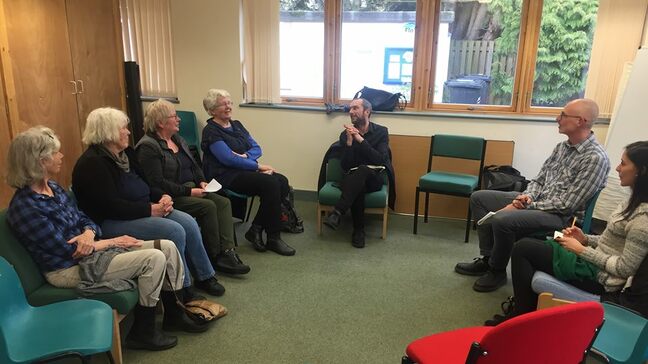
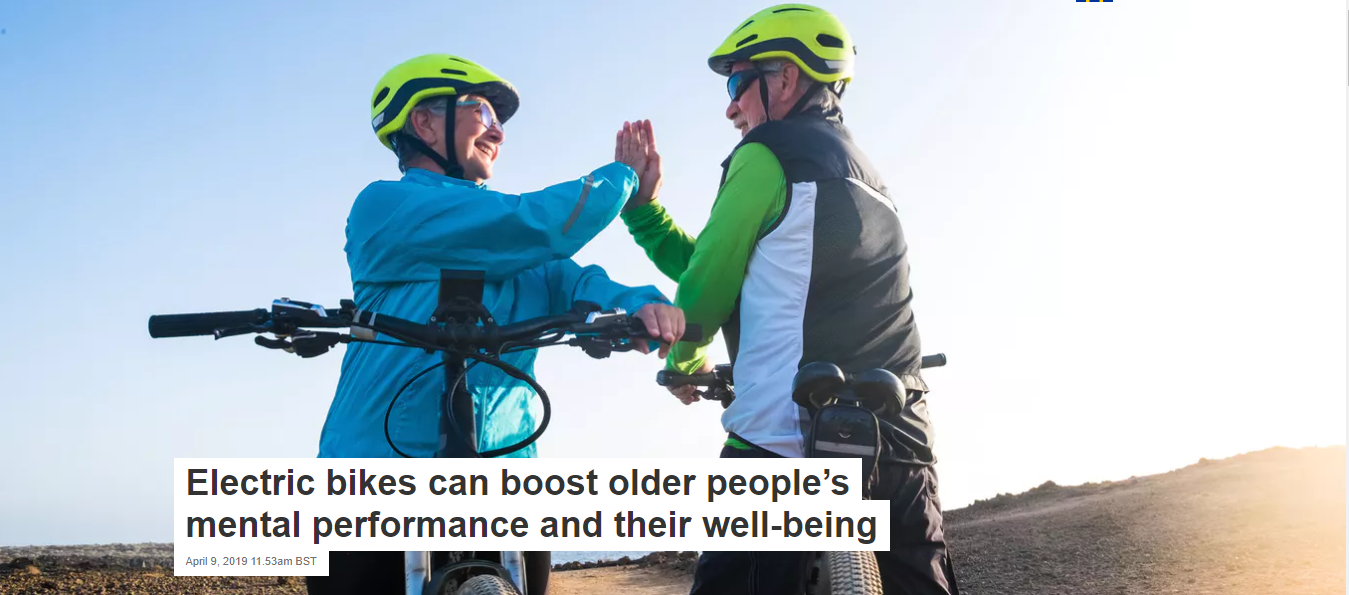


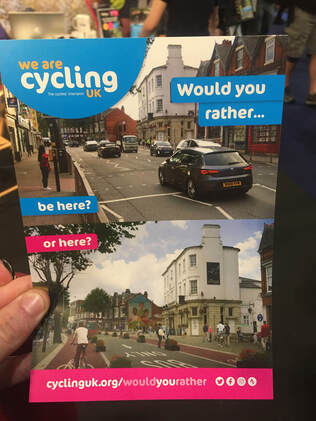
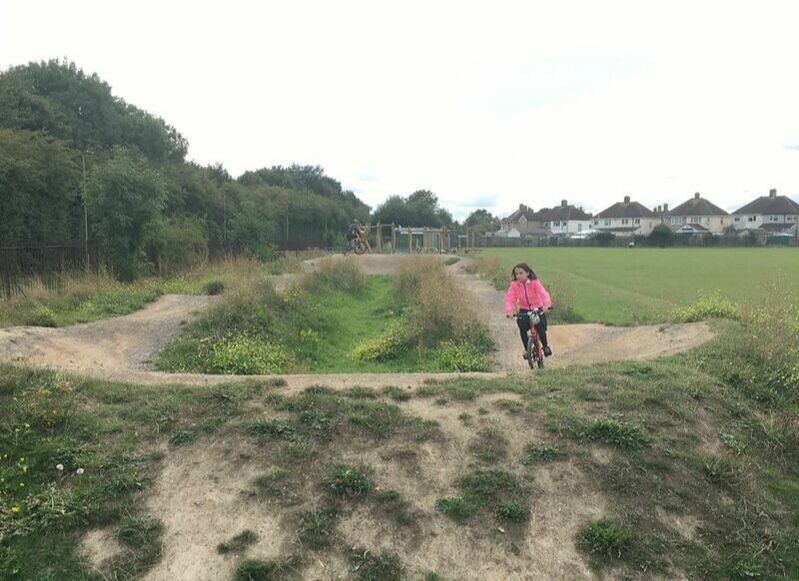
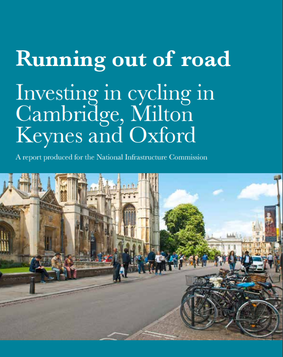

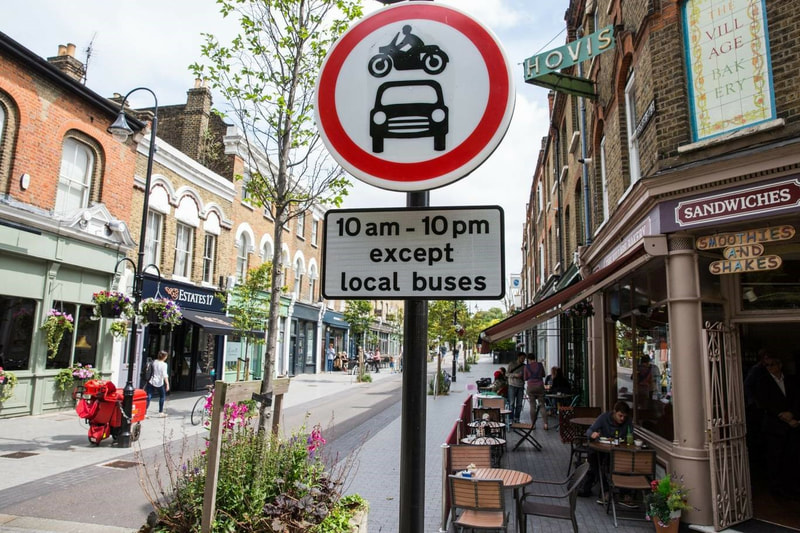












 RSS Feed
RSS Feed


